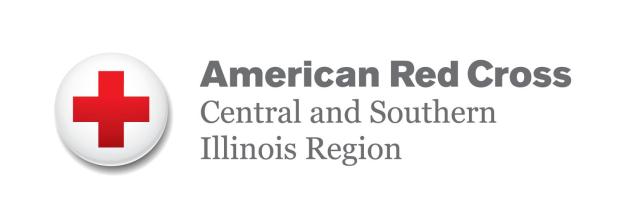Fourth of July Safety
Independence Day honors the birthday of the United States of America and the adoption of the Declaration of Independence on July 4, 1776. It’s a day of picnics and patriotic parades, a night of concerts and fireworks, and a reason to fly the American flag. Expect highways to be crowded as many Americans take advantage of the break to head for the river or out of town. The weekend also offers the opportunity to enjoy parades, picnics, and fireworks.
The American Red Cross would like everyone to enjoy a safe summer holiday, and offers these special tips on travel, water safety, fireworks and outdoor cooking safety to help you and your loved ones have a great weekend:
Travel tips to keep you safe on the highway:
- Carry an Emergency Preparedness Kit in your trunk.
- Buckle up, slow down and do not drive if you have been drinking alcohol. If you plan on drinking, designate a driver who won’t drink
- Be well rested and alert; give your full attention to the road.
- Use caution in work zones.
- Observe speed limits.
- Make frequent stops.
- Be respectful of other motorists and follow the rules of the road.
- Clean your vehicle’s lights and windows to help you see well, especially at night.
- Turn your headlights on as dusk approaches, or during inclement weather.
- Find out what disasters may occur in the place where you are traveling, especially if they are disasters you have never experienced before. Find out how you would get information in the event of a disaster (local radio systems, emergency alert systems).
- Pay attention to the weather forecast for your destination. Travel and weather web sites can help you avoid storms and other regional challenges that could impact your safety.
- Don’t let your vehicle’s gas tank get too low.
- If you have car trouble, pull off the highway as far as possible.
- Let someone know your destination, your route and when you expect to arrive. If your car gets stuck along the way, help can be sent along your predetermined route.
Firework safety:
According to the U.S. Consumer Product and Safety Commission, an estimated 5,200 fireworks-related injuries were treated in U.S. hospital emergency rooms from June 22, 2012 and July 22, 2012. You can enjoy these Fourth of July staples safely by doing the following:
- Never give fireworks to small children, and always follow the instructions on the packaging.
- Keep a supply of water close-by as a precaution.
- Make sure the person lighting fireworks always wears eye protection.
- Light only one firework at a time and never attempt to relight “a dud.”
- Store fireworks in a cool, dry place away from children and pets.
- Never throw or point a firework toward people, animals, vehicles, structures or flammable materials.
- Stay at least 500 feet away from professional fireworks displays.
- Leave any area immediately where untrained amateurs are using fireworks.
Safe Grilling:
Nothing says summer quite like the smell of barbecue. Make sure safety is a key ingredient in your Fourth of July by reading the following tips for safer grilling:
- Use gas and charcoal barbecue grills outside only.
- Position grills far from siding, deck railings, overhanging branches and house eaves.
- Keep children and pets at least three feet away from the grill area.
- Never add charcoal starter fluid when coals have already been ignited.
- Always follow the manufacturer’s instructions when using grills.
- Always supervise a barbecue grill when in use.
Water safety at the pool and beach:
The best thing anyone can do to stay safe in and around the water is to learn to swim. The Red Cross has swimming courses for people of any age and swimming ability. To find out where lessons are offered or to enroll in a CPR/AED or first aid course, contact your local Red Cross chapter.
- Swim in a supervised, marked area with a lifeguard present, and swim with others. Never swim alone.
- Enter the water feet first. Enter the water headfirst only when the area is clearly marked for diving and has no obstructions.
- Adults should never leave a child unobserved around water. Practice “reach supervision” by staying within an arm’s length of young children and weak swimmers while they are in and around the pool, lake or ocean.
- Take frequent breaks (about once an hour) where everyone gets out of the water, drinks water, reapplies sunscreen (SPF 15 or higher) and rests.
- If you are caught in a rip current, swim parallel to the shore until you are out of the current. Once you are free, turn and swim toward shore. If you can’t swim to the shore, float or tread water until you are free of the rip current and then head toward shore.
- Watch out for the “dangerous too’s”… too tired, too cold, too far from safety, too much sun, too much strenuous activity.
- Post CPR instructions and directions to call 9-1-1 or your local emergency number in the pool area.
- Keep toys away from the pool when it is not in use. Toys can attract young children into the pool.
- If a child is missing, check the pool first. Go to the edge of the pool and scan the entire pool, bottom, and surface, as well as the surrounding pool area.

hi!,I love your writing very much! percentage we communicate extra about your article on AOL? I require a specialist in this house to solve my problem. Maybe that is you! Taking a look forward to peer you.
[…] Fourth of July Safety […]